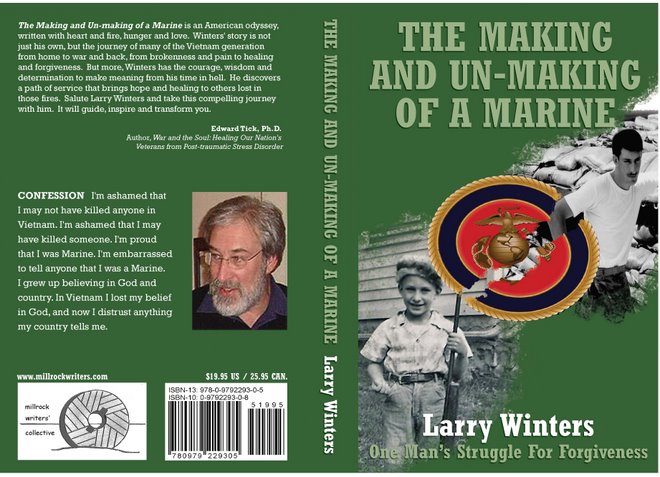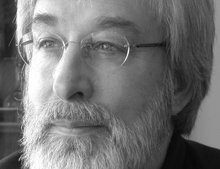Blog July 28, 2007
Last night I watched a documentary titled The War Tapes directed Deborah Scraton and produced by Robert May. This film was shot by Army soldiers in
As a
I am interested in hearing from you please sign in and write to me about your feelings on how vets are being treated, how the families of vets are doing, how women vets are doing, what you know about healing war wounds, what you'd like to see on the blog etc.

Blog July 28, 2007
Last night I watched a documentary titled The War Tapes directed Deborah Scraton and produced by Robert May. This film was shot by Army soldiers in
As a
I have had some time to reflect about the
The shamanic way has as it central theme nature and the need for human beings to have the highest spiritual reverence for it, all of this is driven by survival, will we eat, will we be warm, will be survive the storm. What is becoming apparent is our modern culture has lost this wisdom we worry very little about our basic needs. Although what keep hearing in the news is issues about global warming, drought, food shortages, and war, all which threaten our survival.
As our environment deteriorates and food and clean water become less available the need for reverence needs to return to us at a soul level. As we look into our world for those who hold this wisdom, those stewards in this forgotten realm, it is obvious that the native peoples are closest to this understanding. The very people we deem as primitive. If you’re thinking it’s the skills we need, you’re off base; we can easily recapture the skill and even improve on them. It’s the spiritual way of being they still have access to, the ability to honor nature and not be as ego driven as we are. This is what the native people still have a faint hold on.
Before I left for
I highly recommend this book to anyone interested in PTSD, in either population.
Larry
I am getting ready to leave Noam Alaska after ten days of teaching and learning. The first four days I taught a group of Native Alaskan heath care workers about Directive Group Therapy, a form of group psychotherapy that I have developed working at
The remainder of the time my wife Helise and I spent visiting Native villages and enjoying the fantastic landscape. Each place I sought out veterans to speak with. I am hoping to put together a vets gathering here in Noam next year with the help of my friend Greg Smith who works for Norton Sound Health Corporation. Greg was an invaluable contact person who set up my coming to Noam.
Yesterday Greg and I flew in a bush plane out to the small
